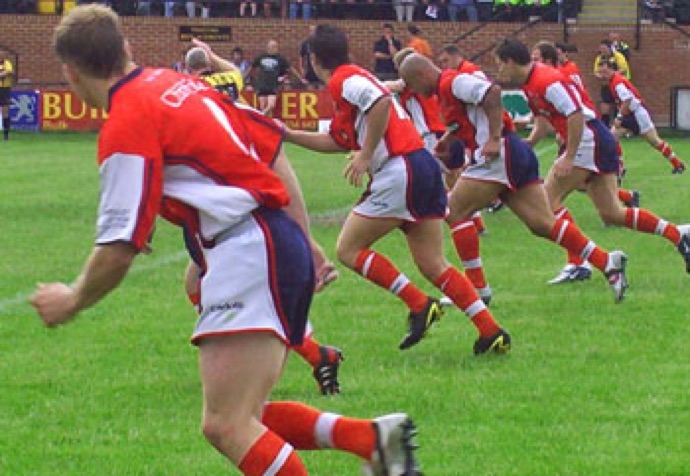Agile methods and philosophies like e.g. Scrum are used more and more in software engineering projects in university and industry. They offer many advantages and possibilities in the development and management of software. Researching the different possibilities of agile methods, as well as the development of new methods are therefore a central research topic at our chair. We also put emphasis on the practical use of agile techniques in teaching.

Teaching
Use of agile methods in real projects with real clients within the iOS Praktikum:
- iOS Praktikum 2012
- iOS Praktikum 2013
- iOS Praktikum 2014
- Advanced Project Management (SS12)
- Advanced Project Management (SS13)
- Advanced Project Management (SS14)
Research
Many research questions, that we investigate, are related to the conduction of projects with real industry partners in innovation projects where technologies and requirements are rapidly changing and where flexibility is required. Such projects at our chair are usually very short (three months) and balanced teams with experienced as well as unexperienced developers can only work part-time on the project. In larger projects we have multiple teams working on the same project.
Important research questions in this area are e.g.:
- Setup of the project infrastructure
- Introduction of agile concepts
- Development of processes and workflows to improve the collaboration
- Organization of projects with more than 20 team members
- Balance between teaching and project management An important part of our research are case studies of established and newly developed agile methods, that we use to find out whether the applied workflows help developers and managers to improved the outcome of the project. We conduct such case studies especially in the iOS Praktikum.
Research members
Theses
Open theses
Closed theses
No theses found